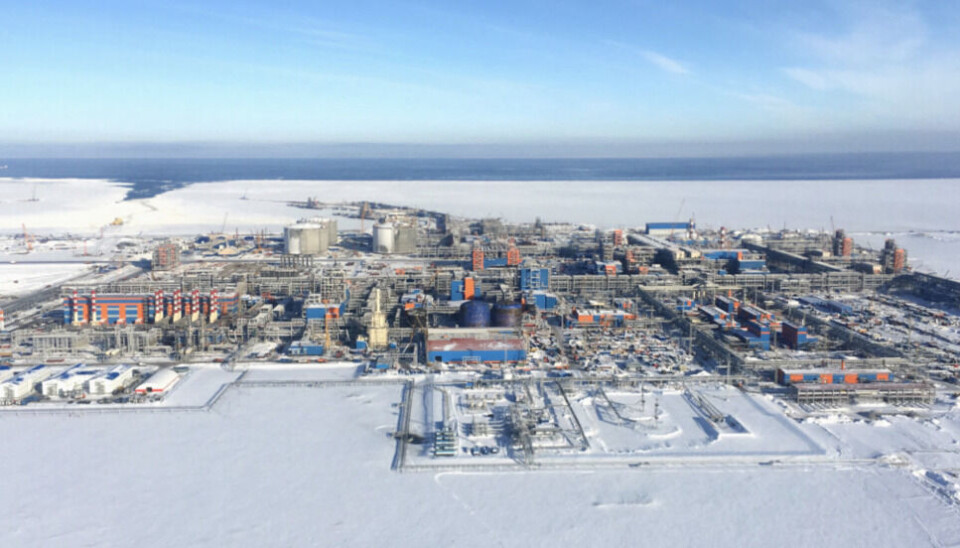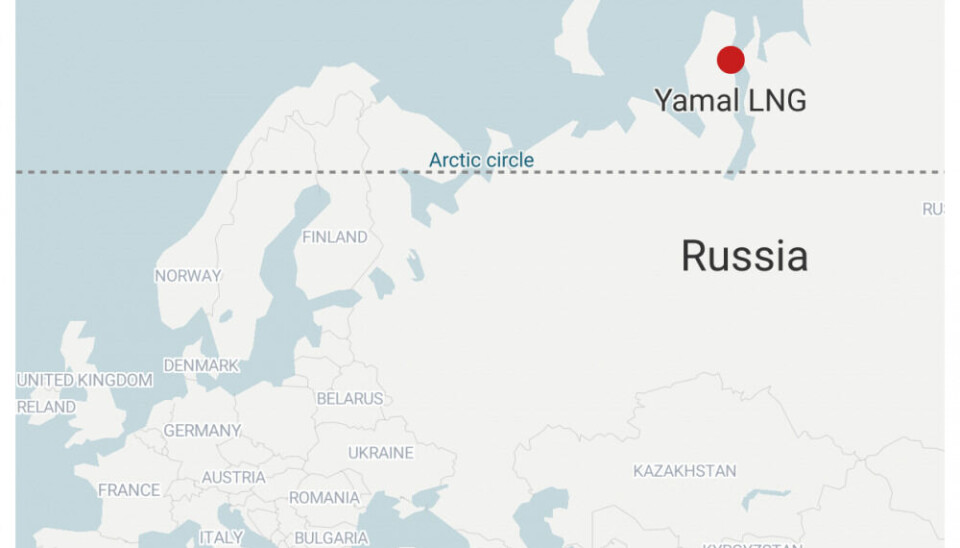
Shipments of liquefied gas from the Russian Arctic could be stopped this summer
The upcoming EU sanctions force Russia to search for new markets, as Europe accounts for more than 80% of Russian liquefied gas sales.
After the delivery of the Russian pipeline gas has been almost totally stopped to Europe, now the liquefied natural gas turn is coming up.
The ban on transshipment of Russian LNG in EU ports with re-export to third countries, was discussed as part of a new round of EU sanctions as a reaction to Russia’s invasion of Ukraine, Russian news website Kommersant reports. The European sanctions aim is to deprive Moscow of significant profits to finance the war.

The sanctions could affect up to 11.8 million tons of contractual obligations of the Russian NOVATEK’s Yamal LNG plant, Russian news website Kommersant reports.
American news website Politico cites Tom Marzec-Manser, head of gas analytics at intelligence firm ICIS who points out that Europe’s LNG markets are far more stable now than they were right after the war in Ukraine began. That allows Europeans to change suppliers as according to forecasts energy prices will become cheaper globally.
The ban will come into effect after it is ratified by all EU members. Meanwhile Hungarian representatives, according to Politico sources, have expressed concern that the switch from the Russian suppliers could still cause an increase in energy prices.
The recent European sanctions have also complicated the purchasing of technical equipment for the NOVATEK LNG Yamal plant.
According to Kommersant, NOVATEK has to change the key energy supply equipment of the Arctic LNG-2 plant that is currently under construction.
Due to sanctions, instead of buying turbines from Chinese Harbin Guanghan Gas Turbine, which may not meet the deadline, the company ordered the turbines at the Russian company Power Machines. However, experts warn the quality of the Russian analogs is not sufficient.














